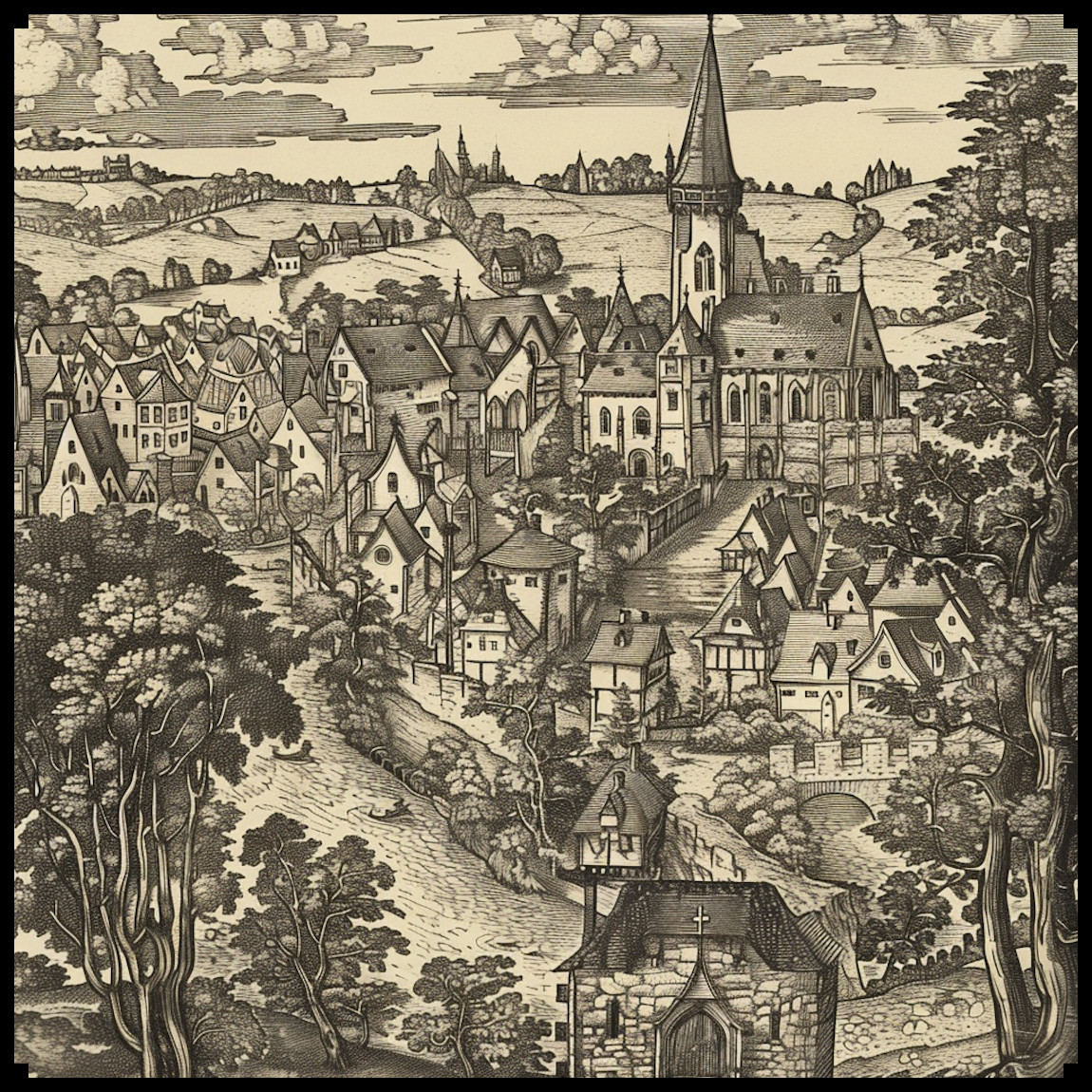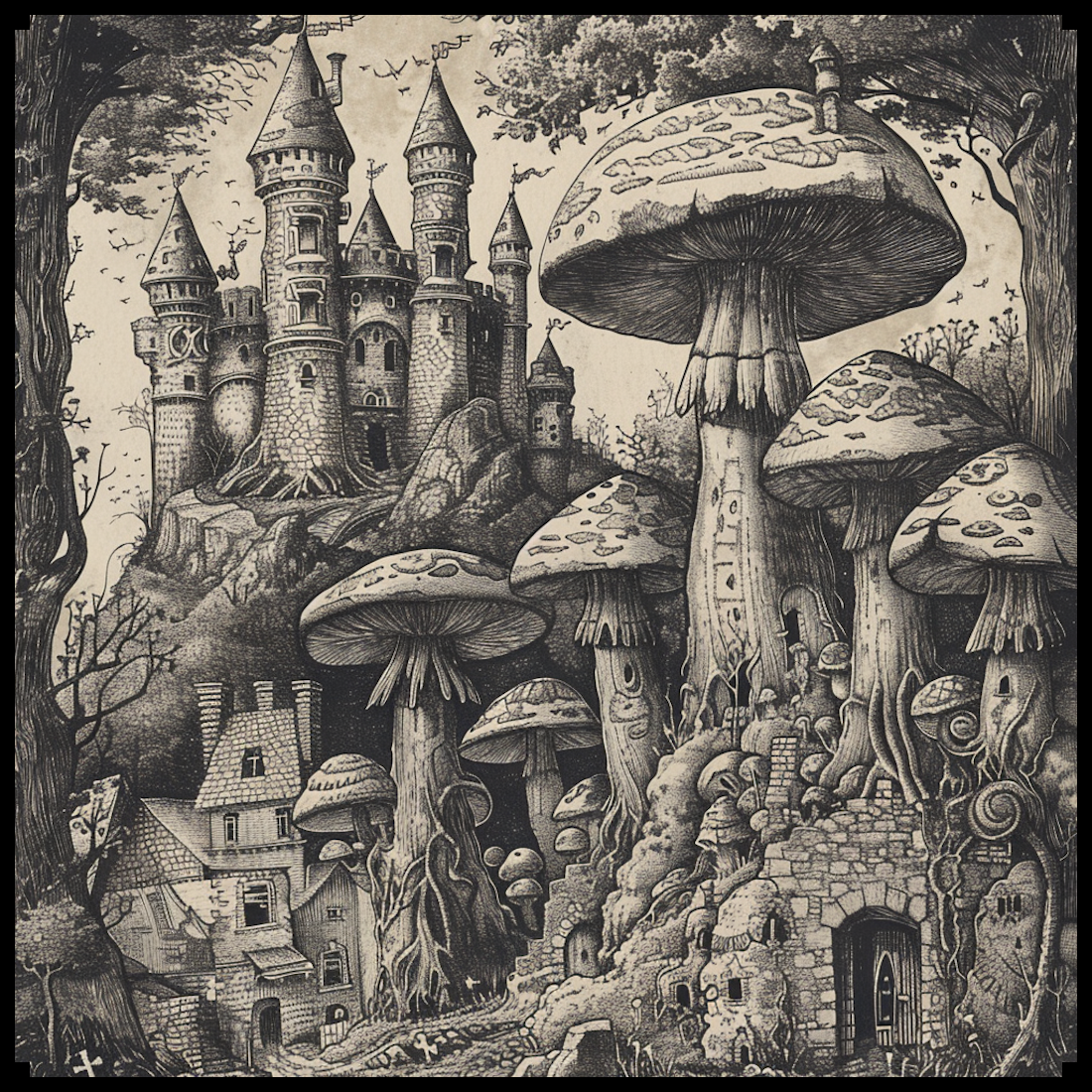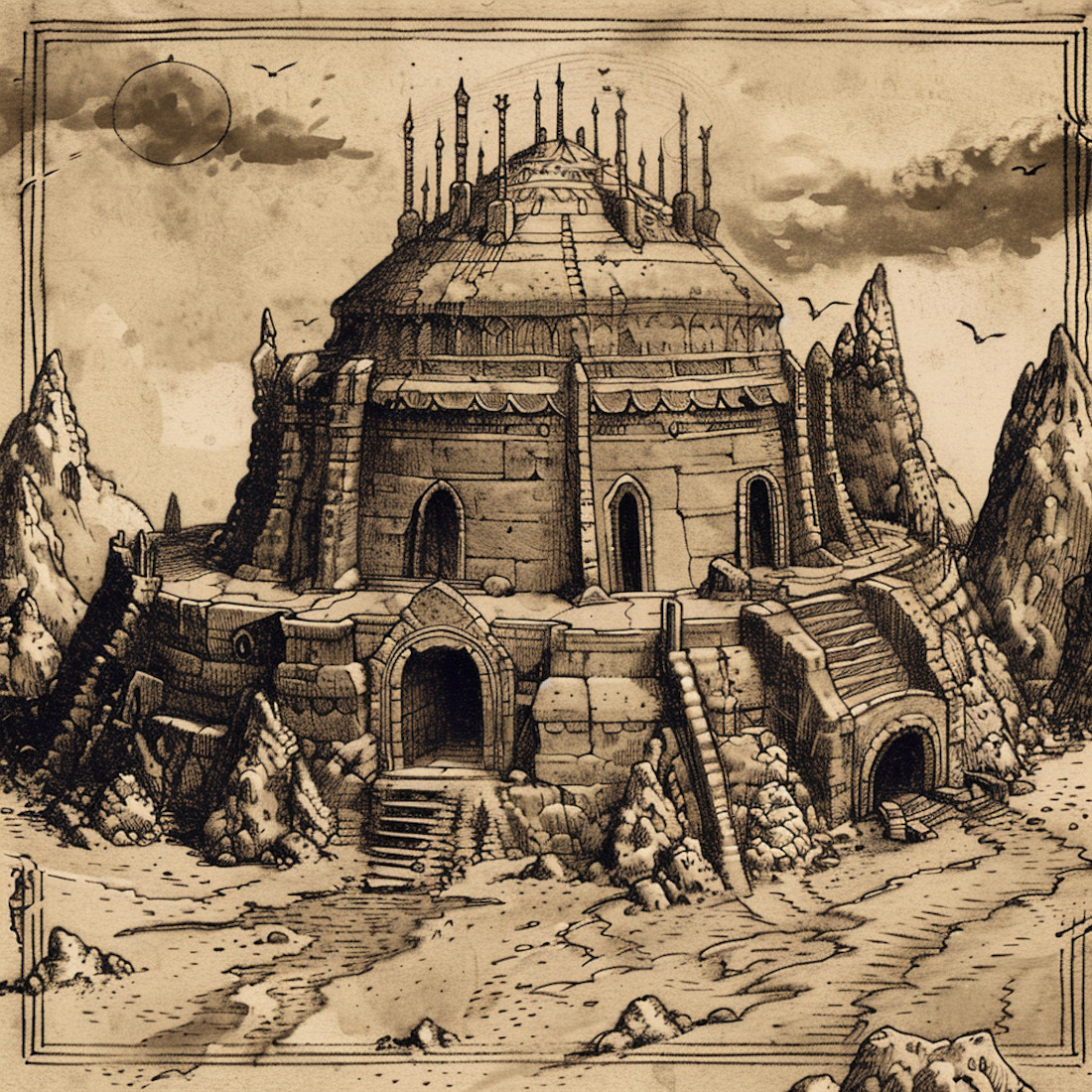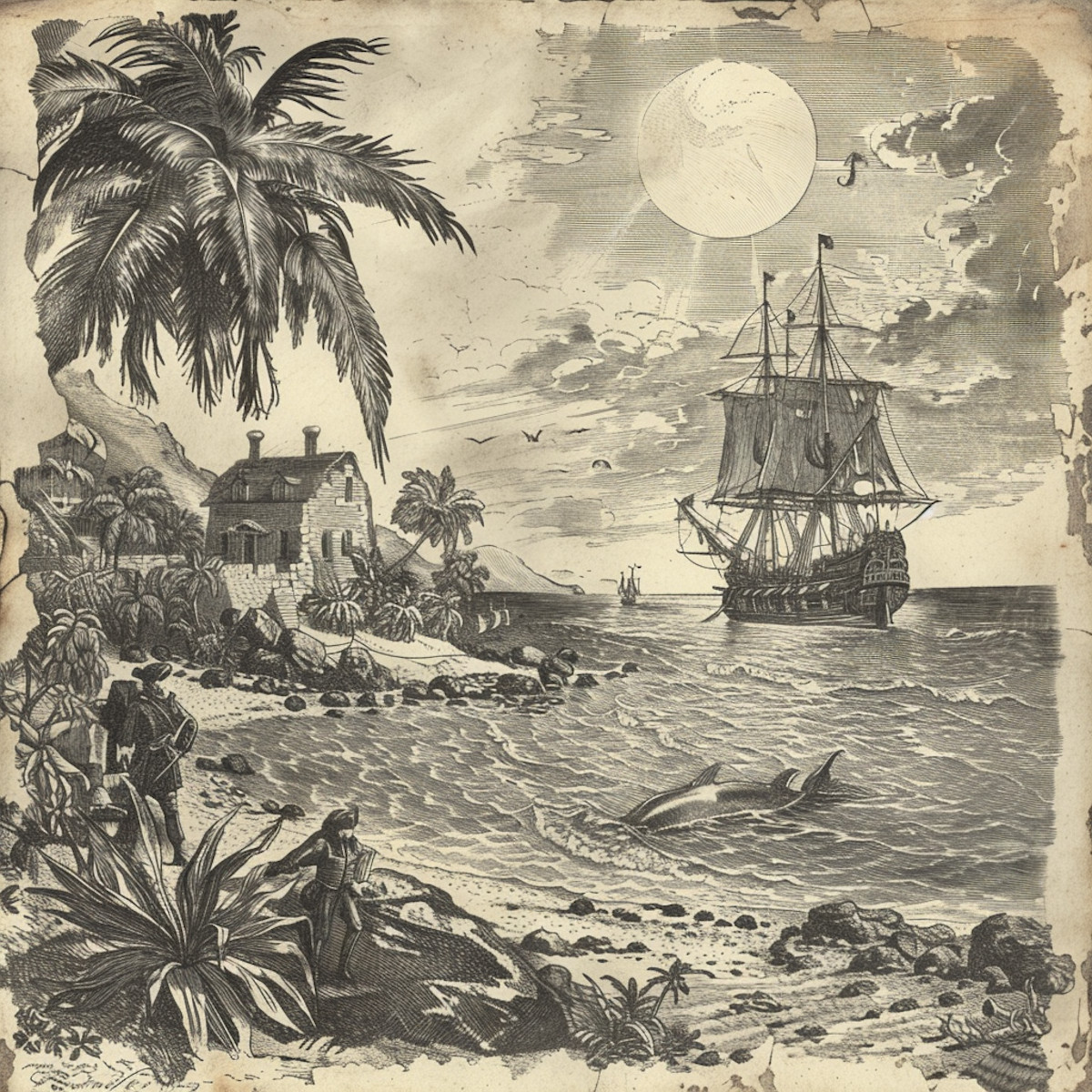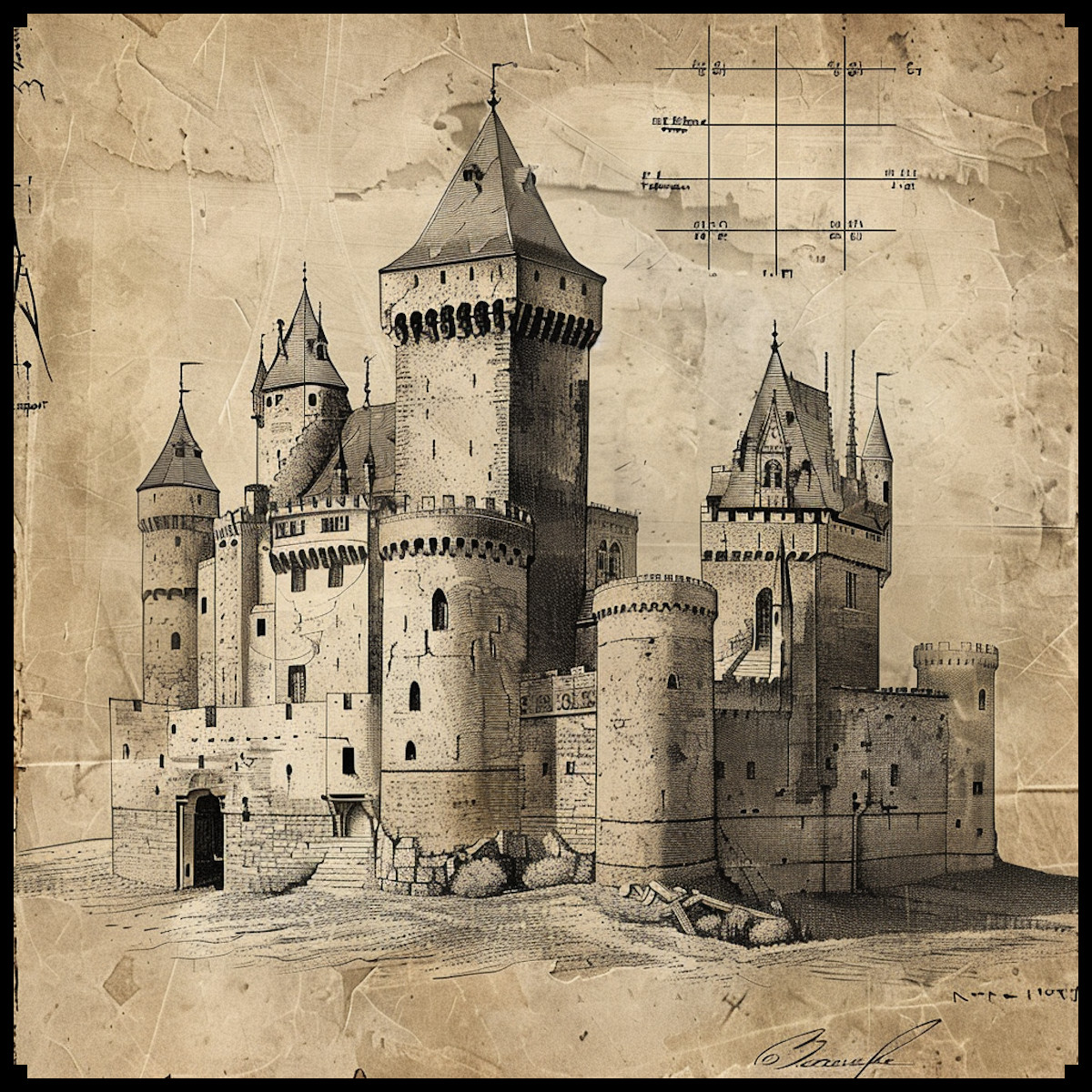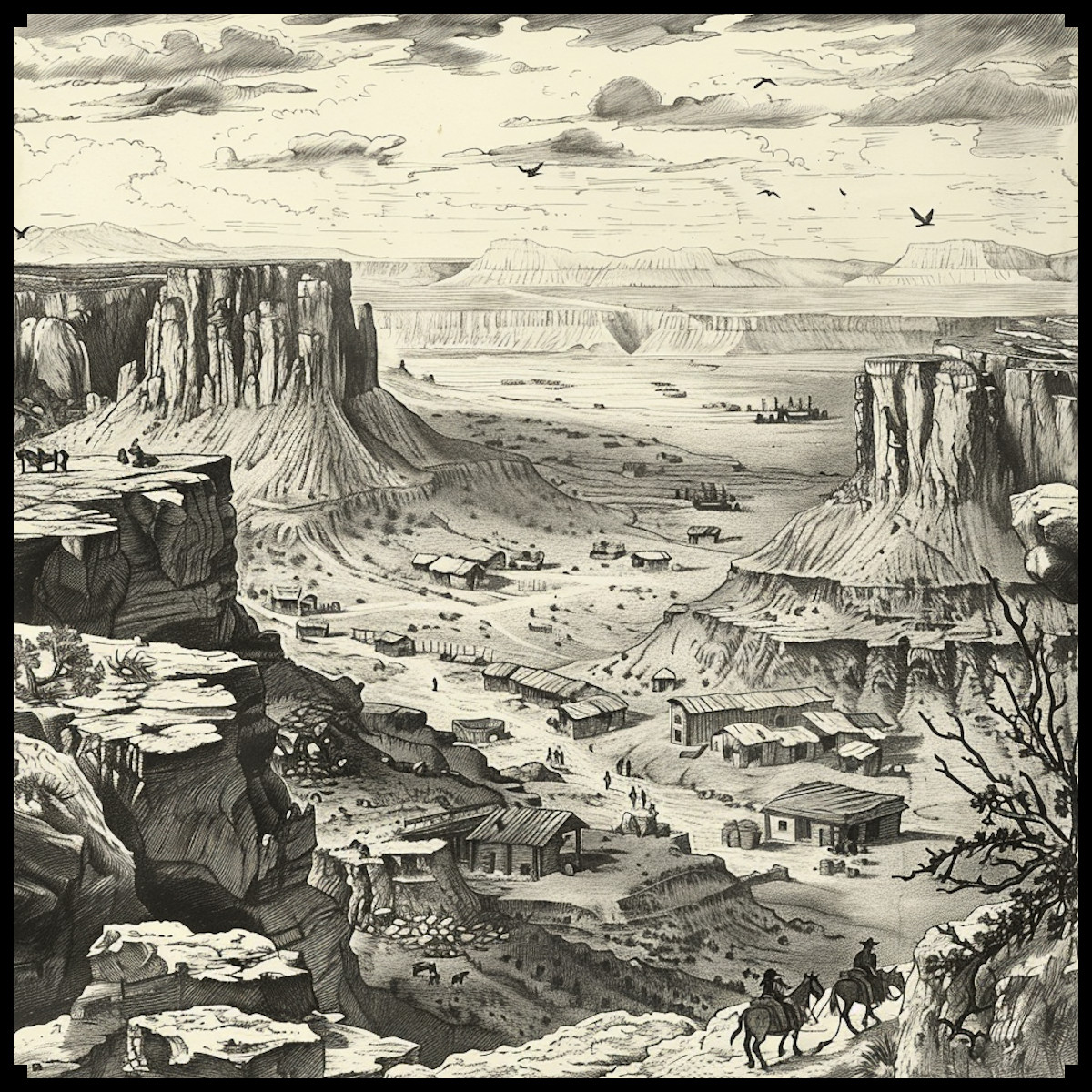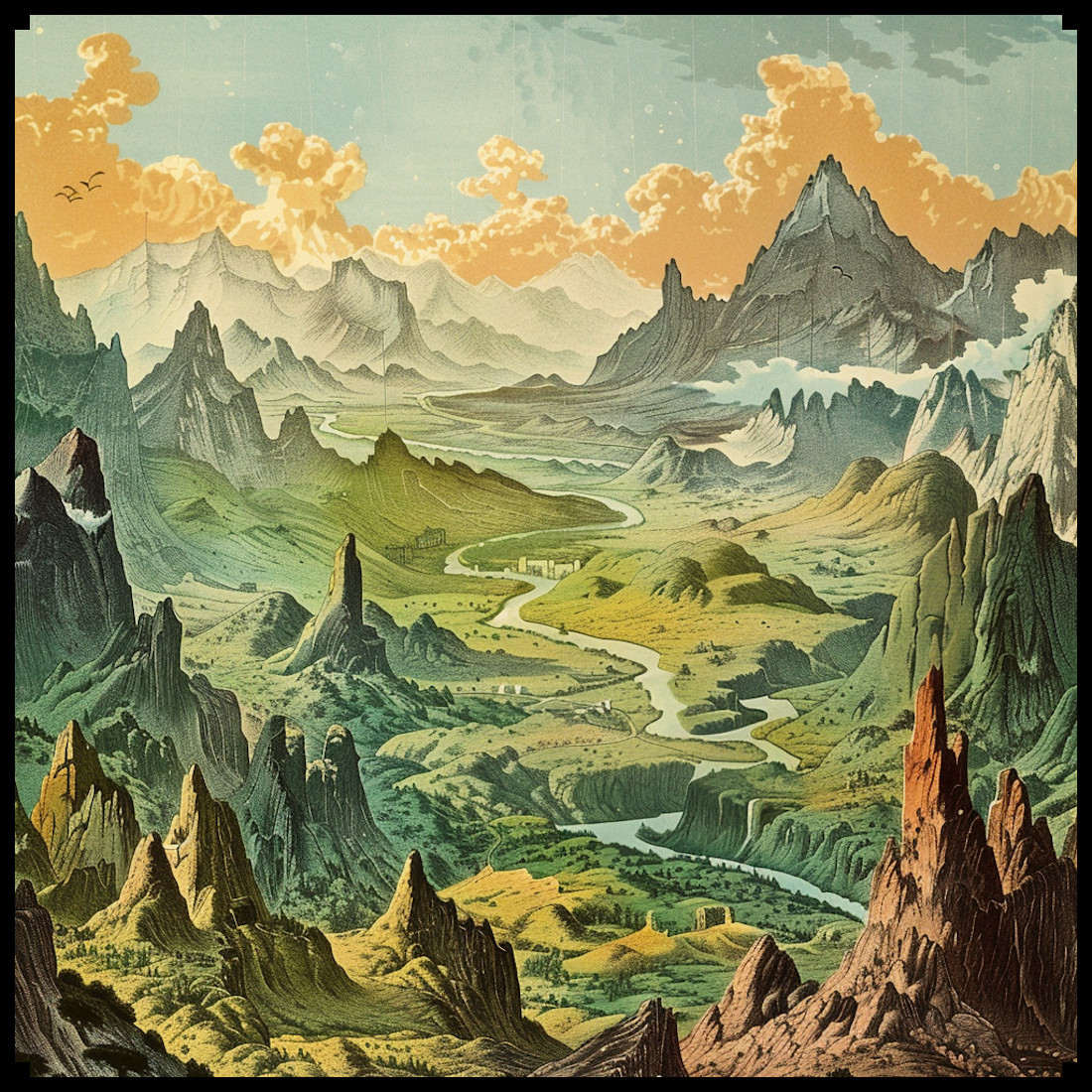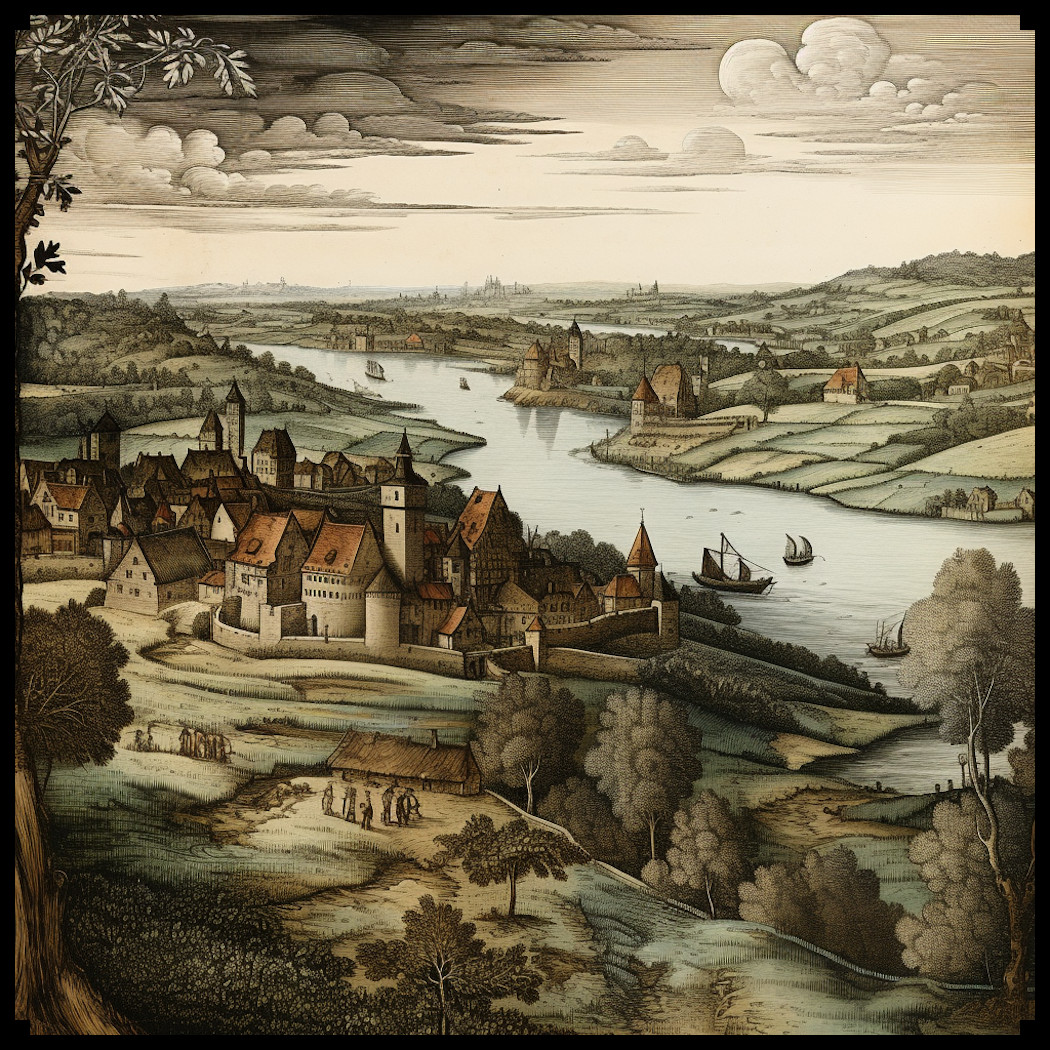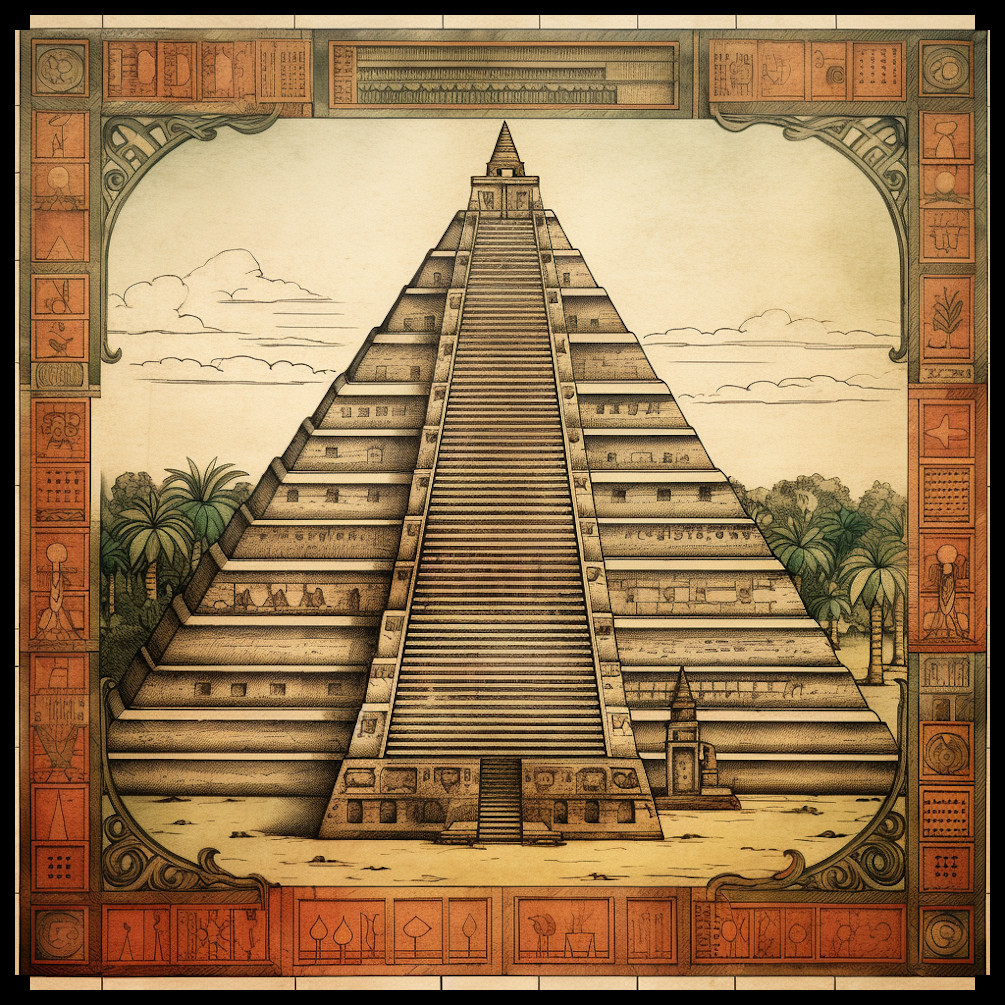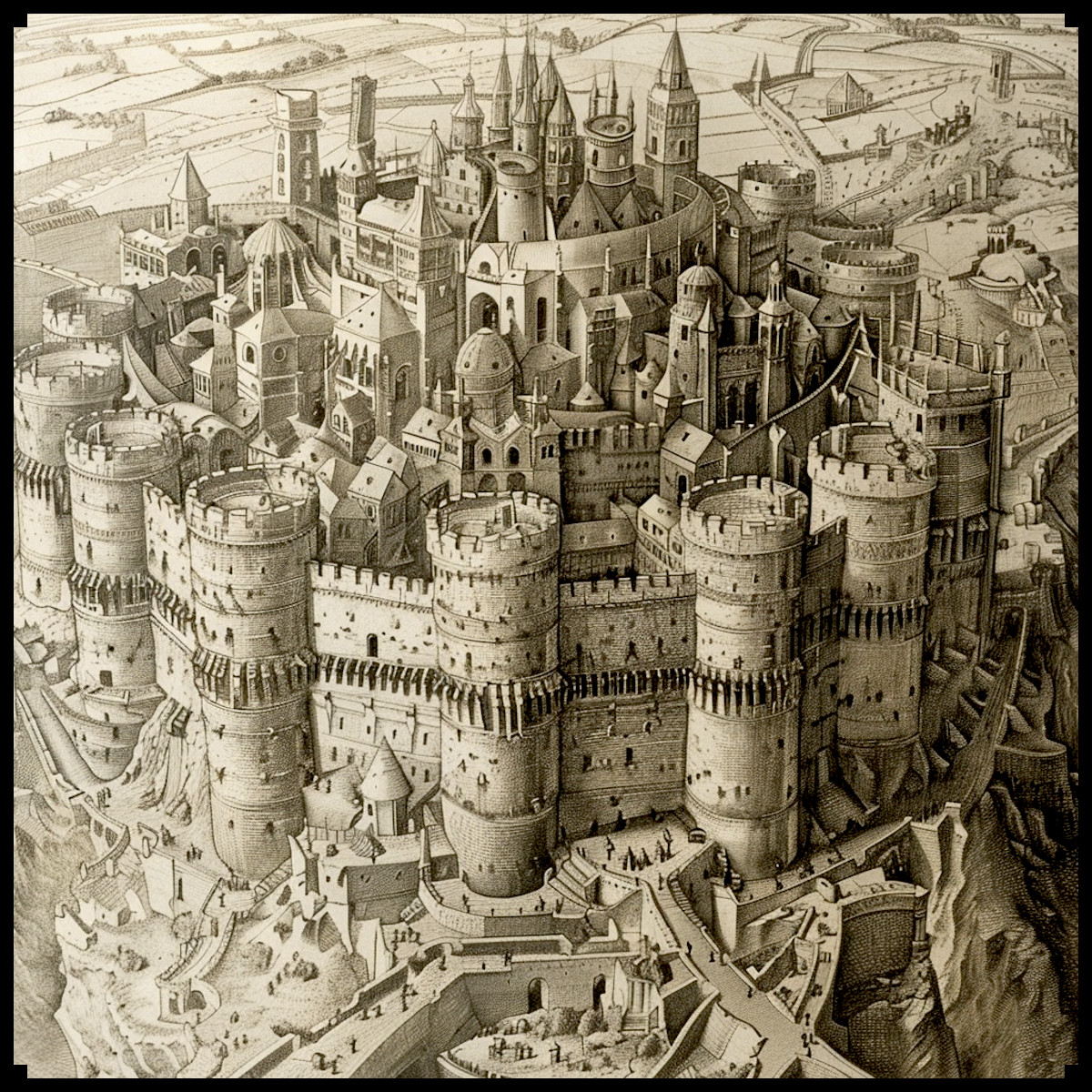
The allure of ancient maps lies not only in their representation of geography but also in their depiction of human ambition and imagination. These maps, whether antique or fantastical, often showcase megastructures and monumental cities that captivate the mind. In the fantasy genre, this tradition continues, blending medieval charm with grandiose creativity. The Fantasy Medieval Wonders, Mega Cities & Structures – Vintage assets Megapack is a testament to this legacy, offering a rich collection of assets that bring these magnificent visions to life.
BUY AND DOWNLOAD The Fantasy Medieval Wonders, Mega Cities & Structures – Vintage assets Megapack here :
Historical Context: Megastructures and Mega Cities in Antique Maps
Historically, maps served as more than navigational tools; they were expressions of cultural pride and human ingenuity. Antique maps often featured exaggerated and elaborate depictions of cities, fortresses, and wonders, reflecting the importance of these sites to their contemporary audiences.
For instance, the Hereford Mappa Mundi, created around 1300, illustrates Jerusalem as the center of the world, with an imposing and intricately detailed cityscape. Similarly, the Tabula Rogeriana, crafted by the Arab geographer Al-Idrisi in 1154, includes elaborate representations of cities and fortresses, showcasing the advanced state of urban development and fortification in the medieval Muslim world.
These maps served several purposes:
Utilitarian: They provided information about the geography and significant landmarks of the known world.
Cultural: They expressed the importance of certain locations, often tied to religious or political significance.
Aesthetic: The artistic elements made the maps visually appealing and symbolically rich.
Fantasy Maps: Continuation and Expansion of Tradition
In the realm of fantasy, mapmakers draw heavily from these historical practices, embellishing their worlds with fortified mega cities, towering citadels, and even flying cities. These elements are not merely decorative; they serve to immerse the viewer in a world where the extraordinary is commonplace.
Fortified Medieval Cities and Mega Cities: These are a staple in fantasy maps, symbolizing strength, protection, and the complexity of human societies. The Megapack includes assets that depict cities with extensive walls, intricate layouts, and monumental gates, reminiscent of real historical cities like Constantinople or Carcassonne.
Medieval Fantasy Wonders: High towers and vertical cities evoke the grandeur of human achievement and the mystical elements often found in fantasy. Think of the towering cities in J.R.R. Tolkien’s Middle-earth, like Minas Tirith, or the high-reaching structures in George R.R. Martin’s Westeros.
Flying Cities: These fantastical elements push the boundaries of imagination, inspired by myths and modern fantasy literature. Flying cities appear in works such as Hayao Miyazaki’s “Laputa: Castle in the Sky” and the floating city of Columbia in the video game “Bioshock Infinite.”
Practical and Cultural Significance
Maps featuring these megastructures serve both practical and cultural purposes. Practically, they help orient readers within the narrative universe, providing context and a sense of scale. Culturally, they reflect the values and technological aspirations of the societies depicted.
Practical Utility
Navigation and Orientation: Helps users understand the relative locations of key sites.
Storytelling: Provides a visual aid that enhances narrative immersion.
Cultural Significance:
Symbolism: Cities and structures often symbolize the civilization’s power, culture, and technological prowess.
Myth and Legend: Embellished representations contribute to the mythos of the world, making it richer and more engaging.
Decorative and Aesthetic Appeal
Beyond their practical uses, these maps are works of art. The aesthetic elements—intricate designs, detailed illustrations, and grandiose structures—make them visually captivating. The Fantasy Medieval Wonders, Mega Cities & Structures – Vintage assets Megapack embraces this decorative aspect, offering assets that can transform a simple map into a masterpiece.
Conclusion
The depiction of megastructures and fortified cities in maps, both antique and fantastical, serves multiple purposes. Historically, they conveyed practical information, cultural significance, and aesthetic beauty. In fantasy maps, these elements continue to inspire and captivate, providing a bridge between reality and imagination. The Fantasy Medieval Wonders, Mega Cities & Structures – Vintage assets Megapack is a valuable resource for mapmakers, allowing them to create maps that are not only useful but also rich in detail and wonder.
By incorporating these elements into their maps, creators can craft immersive worlds that pay homage to the grand traditions of cartography while pushing the boundaries of fantasy. Whether for storytelling, gaming, or pure artistic expression, these assets offer endless possibilities for bringing fantastical worlds to life.

